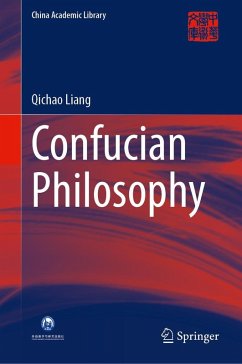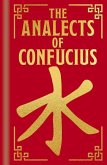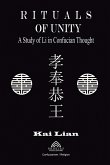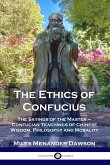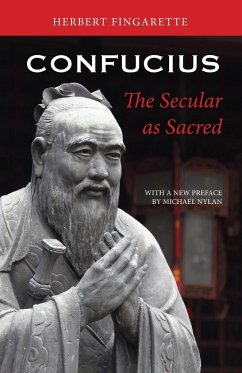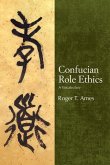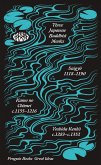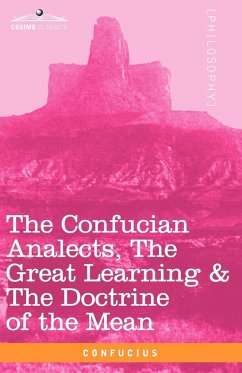This book provides a comprehensive and multi-level review of the development and evolution of Confucian philosophy. It is the lecture script used by Liang Qichao during his teaching at Tsinghua University, embodying the essence of his lifelong research on Confucian philosophy. The first chapter clarifies doctrinal significance, introducing the concepts and scope of Confucian philosophy and its similarities and differences with Western philosophy; the second chapter responds to the widespread skepticism about Confucian studies in society at the time and points out the necessity for contemporary youth to study Confucian philosophy; the third chapter introduces the research method used in the book; the fourth and fifth chapters chronicle over two and a half thousand years of the origin, changes, inheritance, evolution, and impact of Confucian studies from Confucius to the late Qing Dynasty and early Republic of China; and the sixth chapter elaborates on the main issues that Confucian scholars have traditionally studied.
Bitte wählen Sie Ihr Anliegen aus.
Rechnungen
Retourenschein anfordern
Bestellstatus
Storno

